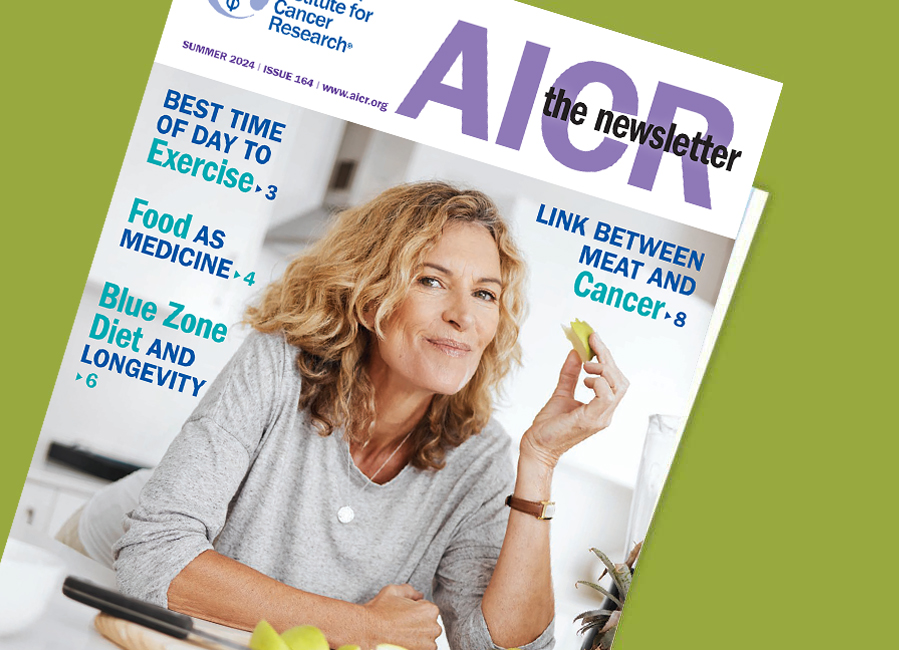Research Type: Breast Cancer
Project Description
Technology assisted interventions may allow women with metastatic breast cancer to receive help that could extend life and improve quality of life, decrease symptoms, increase function
and provide support. Dr. Schmitz and her team have developed a tablet-based supportive care platform to deliver exercise and supportive interventions to this population. They seek to expand on that intervention by including nutrition support as well as using a virtual artificial intelligence digital assistant and to assess the feasibility and impact on quality of life, symptoms and physical function in a cohort of 42 metastatic breast cancer patients.





